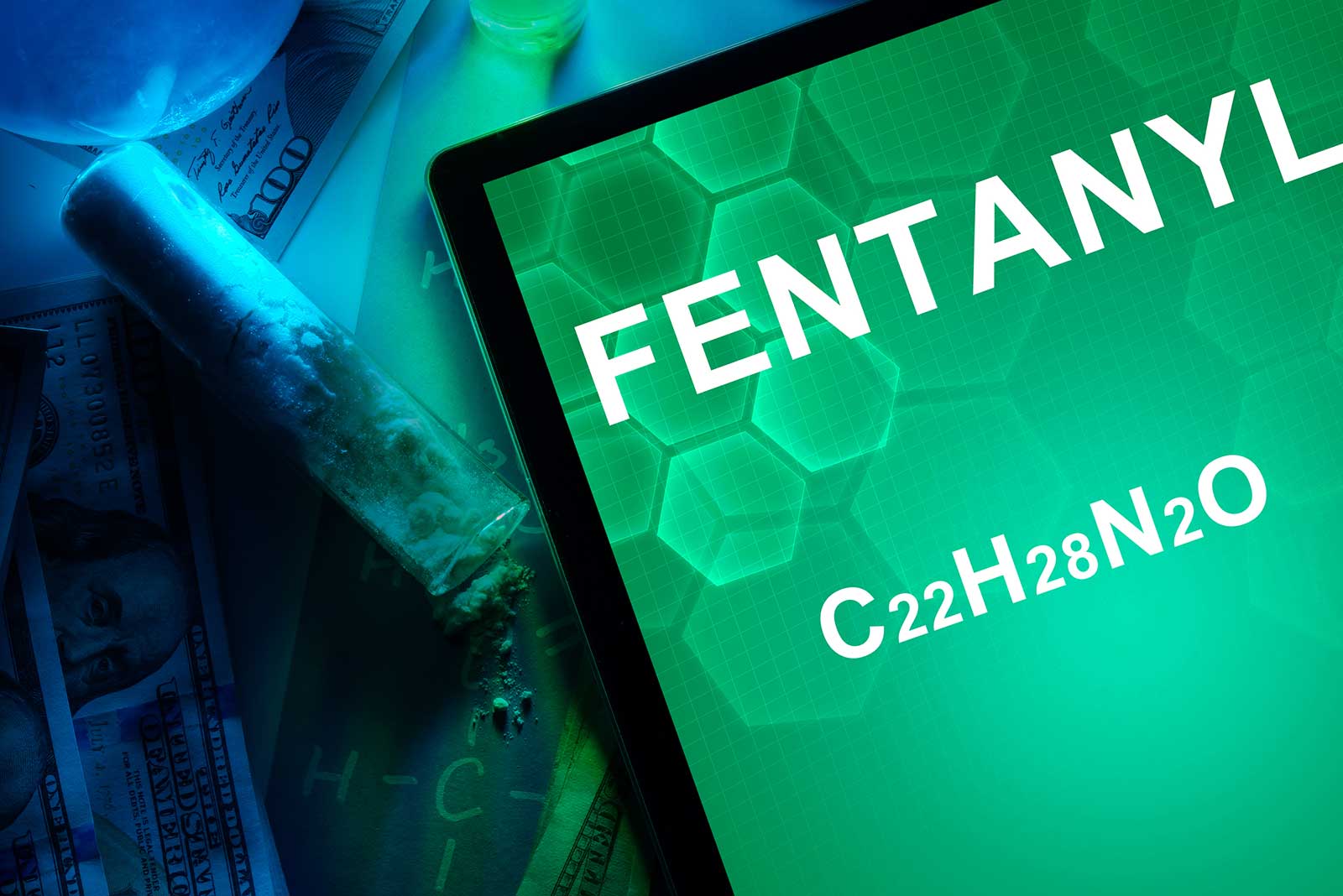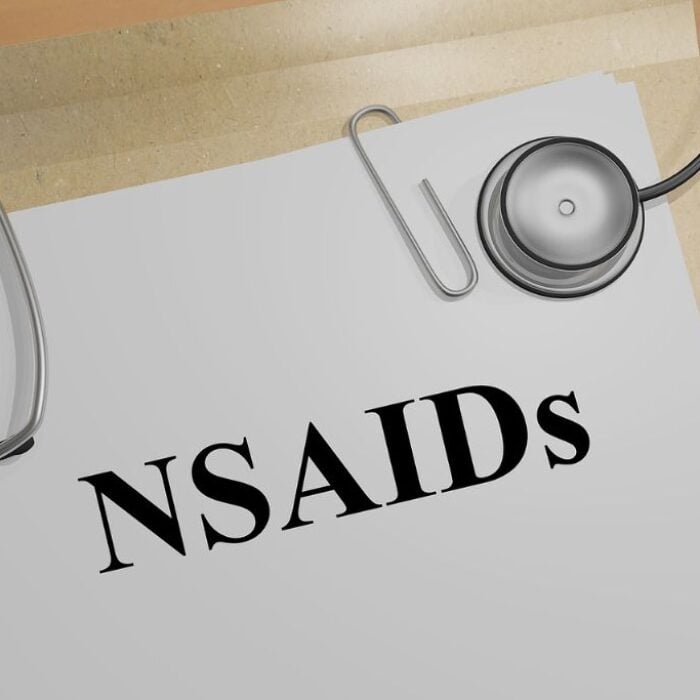People are using fentanyl more than ever before, and the number of overdoses from this powerful opioid is skyrocketing. Treatment with opioid detox can effectively stop fentanyl abuse before it results in an overdose death.
Fueled primarily by the opioid epidemic, drug overdose is now a primary cause of accidental death in the United States, according to the Centers for Disease Control and Prevention (CDC). More than 702,000 Americans died from opioid overdoses between 1999 and 2017. More than 70,000 people died from opioid overdoses in 2017 alone; nearly 68 percent of those deaths involved an opioid, such as fentanyl.
Natural opiates from the opium poppy plant have been around for thousands of years, used for medicinal and recreational purposes, and in cultural ceremonies. Most users smoked the opium, and many became strongly addicted to it. Scientists learned how to extract the active ingredients of the opiates, especially morphine, in the 1800s. These newer forms of opioids were much stronger than opium and presented a higher risk of addiction and overdose.
Fentanyl and Other Opioids
Growing Risks of Addiction, Overdose and Death
Opioids have continued getting stronger over the years, accelerated by breakthroughs in the laboratory and the development of synthetic opioids, such as fentanyl. Today’s synthetic opioids have the same chemical structure as the natural opiates derived from the opium poppy plant, but the new generation of opioids is hundreds of times stronger. This means that fentanyl and other modern opioids can cause an even greater risk for dependence, fentanyl addiction, overdose and death than could their weaker predecessors.
Dependence and addiction to opioids makes it difficult to quit taking the narcotics, especially without medical assistance. The longer a person continues to use opioids, the harder it becomes to quit. To make matters worse, users can develop an increased tolerance to opioids, which means they have to use continually stronger doses to achieve the same effect. The use of ever-stronger doses greatly increases the risk of overdose.
The number of drug overdoses deaths involving fentanyl is rising. The CDC notes that fentanyl was involved in about 1600 drug overdose deaths in both 2011 and 2012, for example, but the number of drug overdose deaths involving fentanyl more than doubled every year from 2012 through 2014.
The CDC attributes the rise in deaths to the increased availability of illegally manufactured fentanyl. Illicit fentanyl can contain even stronger opioids, such as carfentanil, which can be lethal in very low concentrations.
CDC Suggests Treatment to Prevent Overdose Deaths From Fentanyl, Other Opioids
The CDC lists several ways to stop opioid overdoses and reduce deaths:
- improve opioid prescribing
- reduce exposure to these narcotics
- prevent opioid misuse
- treat opioid use disorder.
Improving the way doctors prescribe pain relievers can give patients greater access to safer, more effective pain treatment while reducing the number of people who intentionally misuse opioids or accidental overdose. Prescription drug monitoring programs and state prescription drug laws can prevent misuse, reduce exposure to opioids, and decrease overdose from these dangerous narcotics.
Fentanyl Treatment Options
Drug treatment plays an essential role in reducing fentanyl abuse and overdose. The first step of a drug program is usually detoxification, a process that rids the body of the narcotic.
At-Home Cold Turkey
Detoxification, or “detox,” can happen naturally when someone stops using opioids. The natural process is quite slow, occurring over the course of several days or even weeks. The drug withdrawal process is also uncomfortable, causing pain, anxiety, loss of appetite, night sweats, fatigue and lethargy, shakiness, clammy skin, drug cravings, feeling cold, or sweating. Symptoms are often so severe and prolonged that the individual relapses back into drug abuse before the detoxification process is complete; a sudden relapse can result in overdose and death.
Medically Assisted Detox
Medically-assisted fentanyl detox provides patients with a potentially safer and more comfortable setting. This partial-hospitalization approach provides patients with a therapeutic, medically supervised environment that restricts access to dangerous drugs and exposure to triggering situations. Furthermore, at a hospital doctors can provide higher doses of medications to better reduce anxiety, withdrawal syndrome while controlling vitals. Furthermore, having around the clock medical staff is the safest form of detoxification because it greatly reduces the chance of any health complications associated with fentanyl withdrawal.
Rapid Fentanyl Detox
Waismann Method® has been the premier rapid detox center in the world for over 21 years. In addition to medical detox, rapid detox for those suffering from Fentanyl addiction is also available. One of the main benefits of Rapid Fentanyl Detox is that, because the patient is asleep during the acute withdrawal, detoxification success is almost always achieved. Rapid detox helps people get through fentanyl withdrawal faster and more comfortably, which can increase the chances of success.
The medical professionals who perform the Waismann Method® rapid detox understand how fentanyl abuse changes body chemistry and organ function, so they developed an individualized aftercare program, Domus Retreat®. At Domus, guests receive continued care and monitoring following detox. This additional care allows people to regain the necessary physical and emotional strength to embark in a successful recovery path away from fentanyl abuse. Domus Retreat is the only licensed facility in the country specializing in opiate addiction and dependency. Waismann Method and Domus Retreat® together a powerful weapon against fentanyl abuse and overdose.














